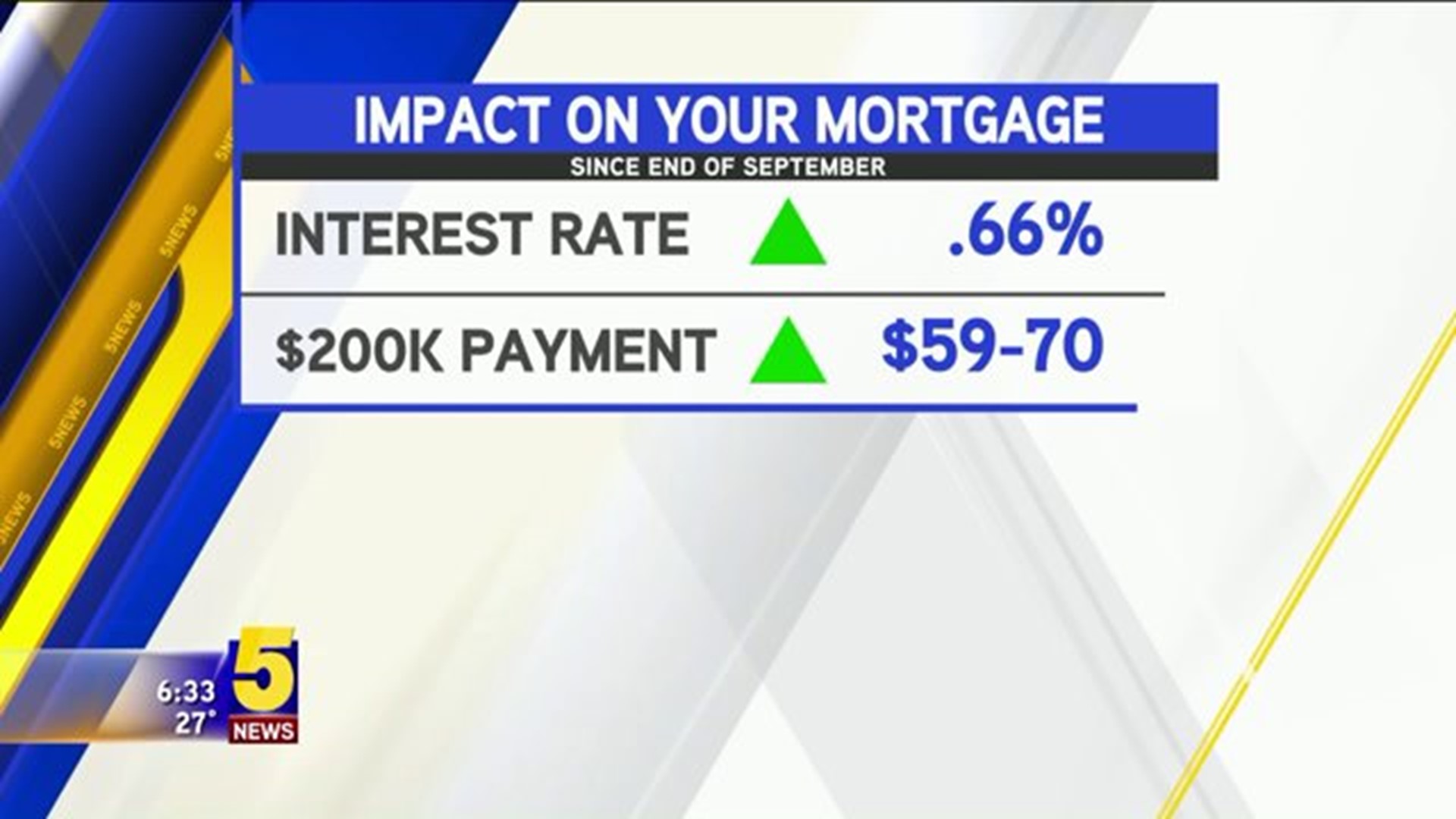America finally got a rate hike this year.
The Federal Reserve increased its key interest rate by 0.25% on Wednesday (Dec. 14). It signified the Fed's confidence in the improving U.S. economy. Rising rates will affect millions of Americans, including home buyers, savers and investors.
Fed officials raised its target for short-term interest rates by 0.25 percentage points to a range of 0.50% and 0.75%.
It was just the second time in a decade that the Fed has raised rates. The first was in December 2015.
"Economic growth has picked up since the middle of the year," said Janet Yellen, the Fed's chair. "We expect the economy will continue to perform well."
The Fed slashed rates to zero in 2008 in the midst of the financial crisis and kept it there during the Great Recession and beyond.
The rate increase indicates that the U.S. economy no longer needs the Fed's crutches, and consumers and businesses can afford to pay more to borrow. America has added jobs for 74 consecutive months and the country's unemployment rate has fallen to 4.6%, its lowest level since 2007. The U.S. economy has expanded for seven years, even though the pace of growth has been slow.
The Fed hinted that it could raise rates at a faster pace next year. Most federal officials now project three or more rate hikes in 2017. In September, officials predicted they would only raise rates once or twice next year.
How does this affect your wallet? Basically, this will cost you more if you're buying a new house or car. You'll only be paying a couple dollars more a month, but with more predicted rate hikes this could add up.
Mortgage rates have gone up about two thirds of a point since the end of September, which means a $200,000 house will cost about $60 to $70 more a month depending on your down payment.
Savings accounts haven't been paying much interest at all since the recession, so you'll start seeing a little more money coming your way.
Most credit cards are on fixed rates that were set when you signed up. However, it's important to check your terms. If it's under a variable rate, your payments could go up.

